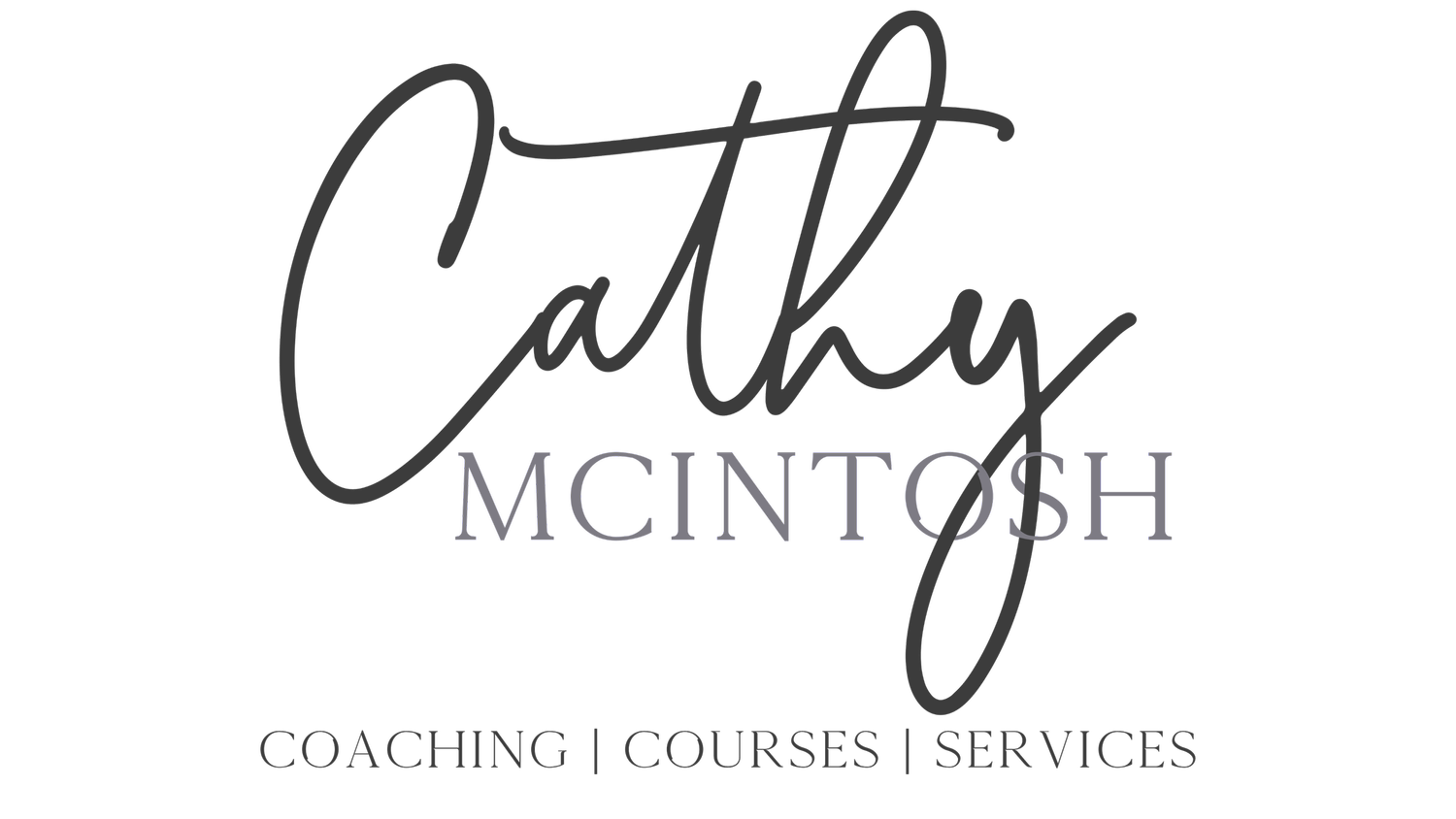How to Use Story Marketing to Clarify Your Message in 60 Minutes (With Bonus Insights for Fiction Writers)
Are you a faith-driven author with a burning desire to share your message but find yourself hesitating when it comes to marketing? I’ve been there too. Many writers feel called to create but struggle with the idea of promoting their work. The good news? There's a way to market your book that feels authentic, genuine, and aligns with your values. Let's explore how story marketing can transform your approach in just one hour.
The Author's Dilemma: Craft vs. Commerce
As a faith-driven author, your work is personal, often inspired by your faith journey. But when it comes to telling the world about your book, you might feel:
- Uncomfortable with self-promotion
- Unsure how to reach your ideal readers
- Overwhelmed by marketing jargon and tactics
- Concerned about appearing pushy or inauthentic
- Worried your message will get lost in the noise
All of these concerns are valid, but here's the truth: if you don't share your story, you're depriving others of the inspiration, guidance, or entertainment your book offers. Your words have the potential to change lives, but only if they reach the right people.
The Story Marketing Solution
Story marketing allows you to connect with readers authentically by focusing on their journey, not just your expertise. With the right mindset and within 60 minutes, you can be well on your way to crafting a clear, compelling brand message that resonates with your audience and feels true to your calling.
Step 1: Identify Your Reader's Story (20 minutes)
Action: Write down answers to these questions:
- Who is your ideal reader?
- What challenges are they facing?
- What desires do they have for their life or faith journey?
- How does your book address these challenges or fulfill these desires?
For fiction writers:
Focus on the emotional journey your readers crave. What escape, inspiration, or reflection does your story offer?
Step 2: Craft Your Role as the Helper or Guide (20 minutes)
Action: Using your answers from Step 1, write a brief narrative that shows:
- How you understand your reader's struggles
- The transformation your book offers
- A clear, simple way your book guides them to this transformation
Keep it concise and focused on the reader's journey, not just your book's plot or content.
For Fiction Writers:
Create a narrative that illustrates:
- The emotional journey your book offers
- How your story resonates with readers' lives or aspirations
- The unique experience or perspective your book provides
Remember, fiction often addresses universal themes or provides escapism. Your helper story should focus on how your book fulfills these emotional or psychological needs.
Here’s an example for fiction: "In a world where we often feel disconnected, 'Threads of Faith' weaves a tale of unlikely friendships that reminds us of the power of community. Through the eyes of relatable characters facing familiar struggles, readers embark on a journey of self-discovery and renewed faith."
Keep it concise and focused on the reader's experience, not just your book's plot.
Step 3: Create Success Stories About Your Clients (20 minutes)
Action: Write 2-3 short anecdotes or testimonials that showcase:
- A reader's initial challenge
- How your book helped them
- The positive outcome they experienced
If you're just starting, imagine ideal scenarios based on your book's intended impact.
For Fiction Writers:
Action: Craft 2-3 reader experience stories that highlight:
- How a reader connected emotionally with your characters or story
- A moment of insight or joy they experienced while reading
- How your book impacted their perspective or mood after finishing
Example: "Sarah, a busy mom, found herself looking forward to bedtime - not to sleep, but to escape into the world of 'Moonlight Whispers'. She said, 'This book reminded me of the magic in everyday life. I found myself noticing small blessings throughout my day, just like the main character.'"
If you're just starting and don't have real reader feedback yet, imagine ideal scenarios based on your book's intended impact. Consider the emotional journey you hope readers will experience.
The Story Marketing Transformation Awaiting You
By following this plan, you'll have:
- A clear understanding of your reader's needs
- A compelling story that showcases your book's value
- Authentic testimonials that resonate with potential readers
This foundation will help you:
- Craft more engaging social media posts
- Write book descriptions that connect emotionally
- Speak confidently about your work in interviews or events
- Create marketing materials that feel genuine and impactful
BONUS: Additional Tips for Fiction Writers:
1. Emphasize the universal themes in your story. Whether it's love, redemption, courage, or faith, show how these themes resonate with readers' lives.
2. Highlight the sensory and emotional experience of reading your book. Does it transport readers to a different time or place? Does it offer a cozy escape or a thrilling adventure?
3. Connect your story to current events or common life experiences. This helps readers see how your fiction relates to their reality.
4. If your book is part of a series, talk about the ongoing journey readers can embark on with your characters.
5. Discuss the questions or reflections your book might inspire. Fiction often prompts readers to think deeply about their own lives and beliefs.
Remember, even as a fiction writer, you're offering something valuable—whether it's entertainment, emotional catharsis, or a new perspective on life. Your story marketing should convey the unique gift your book offers to readers.
Don’t Get Stuck In the Online Noise Because You Don’t Have a Clear Story Marketing Strategy!
There are hidden costs to staying silent. Without a clear story marketing strategy:
1. Your book may remain hidden from those who need it most. Readers searching for hope, guidance, or inspiration might never discover your words, and the transformative impact of your book could remain unrealized.
2. Instead of diving in and conquering your hesitations, you might continue feeling conflicted about promotion. This can lead to inconsistent or half-hearted efforts. Over time, your confidence as an author might waver, affecting your future writing projects.
3. You may miss out on building a community around your work, losing the chance to connect with like-minded readers and fellow authors. Valuable feedback that could inform and improve your future writing may go ungathered. Opportunities for collaborations or speaking engagements may never materialize.
Remember, sharing your story isn't just marketing—it's an extension of your calling to write. It's about stewardship of the talent and message you've been given. By learning to share authentically through story marketing, you're not just promoting a book—you're opening a channel for your words to touch lives, spark change, and fulfill the purpose that led you to write in the first place.
Embracing story marketing allows you to step fully into your role as an author—one who not only writes but also ensures that those words reach the hearts and minds where they're meant to land. It's about completing the circle of communication that starts when you put pen to paper or fingers to keyboard. Your story deserves to be told, and more importantly, it deserves to be heard.
Your Next Chapter Starts Now
You have a message that matters. By embracing story marketing, you're not just promoting a book—you're opening a door for readers to experience transformation through your words.
Ready to revolutionize your approach to sharing your work?
1. Set aside 60 minutes this week to follow the three-step plan above.
2. Schedule a free strategy session to refine your story marketing approach and discover more ways to share your message authentically.
Don't let uncertainty hold your words captive. With Story Marketing, you can give your words the power to inspire, comfort, and enlighten. It's time to let them shine.



